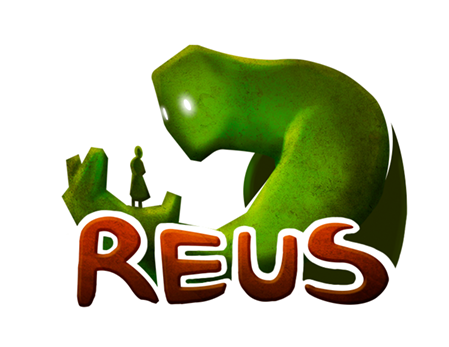Reus Game Review
A game review about the indie game: Reus


Reus is an indie god game in which you take control of nature through the hands of several different giants, shaping the world as you please, maintaining balance while helping it to prosper. Mankind and all life depend on your choices as you mold the world.
Reus was developed and released on May 16th 2013, by an Indie Gamedev company named Abbey Games. Abbey Games was established in 2012, in the city of Utrecht in the Netherlands. Reus is a god game, like many other god games such as Black and White, Reus is a strategy game. Thus requiring a more intelligent approach compared to the ever popular, FPS games.
Reus displays a 2D art-style, although it may seem simplistic compared to many other strategy games, the art-style, along with the unique sound tracks, really helps the player to get immersed in it. The unique sound tracks and audio effects are vital to the gameplay, without these interesting and creative sounds, the game may not have been as immersive as it is now. Despite its seemingly childish art design, the animation is fluid and the gameplay is extremely smooth.
As I have stated before, Reus is a god game. There are many god games out there, like Black and White, Spore and Populous, but Reus is different from those games. In the three games that have been mentioned, none of them display freewill of mankind. In these god games the player is usually controlling the citizens of their kingdom, usually to fight or gather resources; but in Reus, it’s the complete opposite. You, as the player, control your giants to create resources to make the world prosper and live. You cannot control mankind at all. They have complete freewill, and they will do whatever they like until you stop them yourself. This is why I like Reus. Like many other indie games, it’s different and it’s not too simple either.
“How is it different?” You may ask. It’s different because Reus can be extremely complicated most of the time. It’s actually one of the most challenging strategy games that I’ve come across, because it uses a mechanic called ‘synergy’. Synergy is how a resource will react when it’s near other resources, for example: This animal will give +5 more food if it’s next to a plant. This synergy mechanic is what makes Reus a true strategy game. As time progresses, mankind’s cities will grow and start new projects, meaning that they need more resources. You have to do that for them. By using this synergy mechanic, you need to find a way to maximize the resources that the city gets. That’s where everything gets a lot trickier.
Despite having such great mechanics, art, audio effects and gameplay, this game has one flaw. It’s a god game that is made to be logical. Logical as in, they synergies make sense, you understand why something is happening, but there is one little aspect that I really need to nitpick at. That’s city interaction. In Reus, you can have multiple settlements and cities, but there is no communication between these settlements. The only time that these cities interact is when they go to war with each other; there is no communication between them aside from conflict. That’s not exactly logical, considering the fact that the newer settlements are made by settlers from an existing city.
Fortunately, this game is fairly new and there’s still room for improvement and expansion, which is what Abbey Games is hoping to do.
Overall, this game is splendid. Reus brings a new perspective to god games and strategy games, showing that you don’t have to be in control of everything to make it into a good strategy game. Despite the one tiny issue that I pointed out, it is a very interesting, but challenging game. The very idea of a god game is not very unique in itself, but it’s the way you design the game that makes it unique.
Giant is unique.
Read more about:
BlogsAbout the Author(s)
You May Also Like








